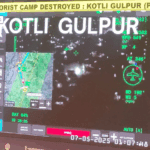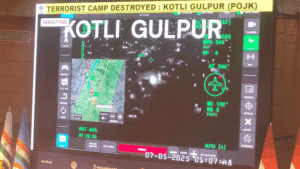Officials from the forest department confiscated capiz sea shells piled in gunny bags in the vehicles and arrested two men in a chase from Pen to Panvel region in Raigad district on Monday.
Flat, semi-transparent shells with a pearlescent look can be found on the beaches of Gujarat, Maharashtra, Goa, and Karnataka. Capiz shells are used for decorative items such as chandeliers, lampshades, and other shell inlays, as well as in oil mining platforms, particularly in the Gulf, where they are in high demand. These shells could be sold unlawfully for crores of rupees.
The Wildlife Protection Act, 1972, regulates their trade under Schedule IV. This means that they can be harvested from sea coasts and used in handicrafts etc., but in limited quantities.
The seizure came following a tipoff received by the forest department. Assistant conservator forest Sanjay Waghmode led a team of range officers Nathuram Kokre from Uran, Kuldeep Patkar from Pen and Dnyaneshwar Sonawane from Panvel who followed two vehicles and managed to intercept them.
“The contraband trade is regulated under the Wildlife (Protection) Act, 1972 listed in Schedule IV (Old Act),” says Ashish Thakre, divisional forest officer, Raigad.
“Two persons have been booked in the case,” Thakre added, “and further investigations are underway to obtain details of the racket, where they were sourced from, and where they were headed.”
“The contraband destination we discovered was a godown in Taloja,” said Waghmode, assistant conservator of forests. We discovered the shells in two cars that we pursued. They were piled into gunny sacks. There appears to be a swindle going on.”
He added, “We have seized over 30 tonnes of capiz shells. The investigation is in a preliminary stage now.” In 2017, 80 MT of capiz sea shells had been seized from a unit in Ulwe.











More Stories
Shah Rukh Khan Sports Rs 21-Crore Watch at Met Gala 2025 – Here’s Why It Costs a Fortune
ऑपरेशन सिंदूर ने बॉलीवुड में भरा जोश, अक्षय बोले- जय हिंद; अनुपम समेत इन्होंने दिया रिएक्शन
Why Operation Sindoor Stands Out as India’s Unique Mission